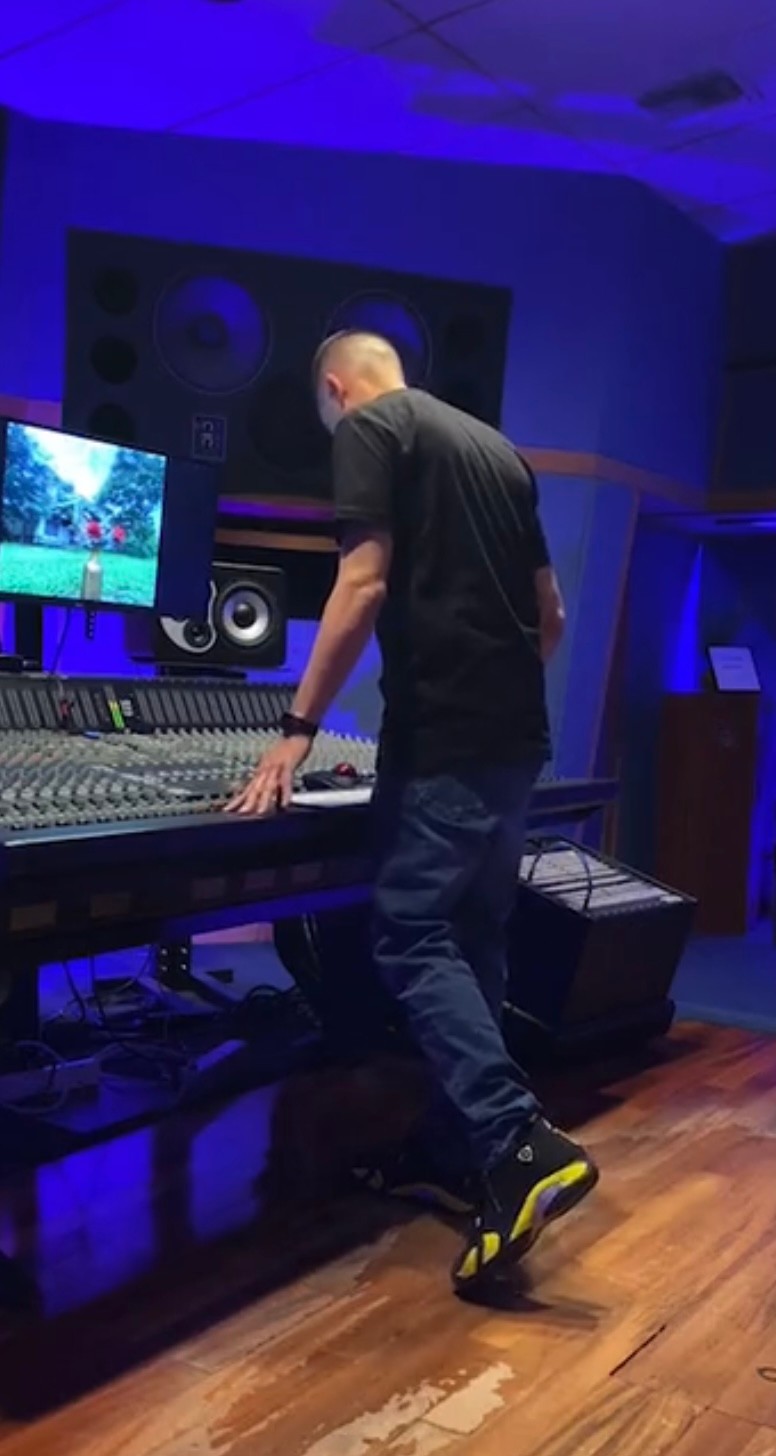We caught up with the brilliant and insightful Luis Fernandez a few weeks ago and have shared our conversation below.
Luis, looking forward to hearing all of your stories today. Do you wish you had started sooner?
With my time in my own creative career, I’ve had the opportunity to see others start sooner and start later. The one thing I gathered, is that regardless of when you start, the most important thing to do is to just simply start. Ultimately in this type of career, it’s not about how you start but how you finish.
I started relatively early in the music industry. After the amount of time I’ve been working though, I feel like my official start has come in the last few years. A lot of this I would attribute to fully believing in your goals as a creative in the music industry. If you don’t believe in yourself then it’s a really hard sell to get anybody else to.
While my start was early, I was late to finally believe in my abilities. When you don’t realize your value then you can often misplace your talents. A lot of times in order to realize your worth you have to make sure it’s placed where it’s appreciated.
Typically, an “overnight success” is usually many years in the making.
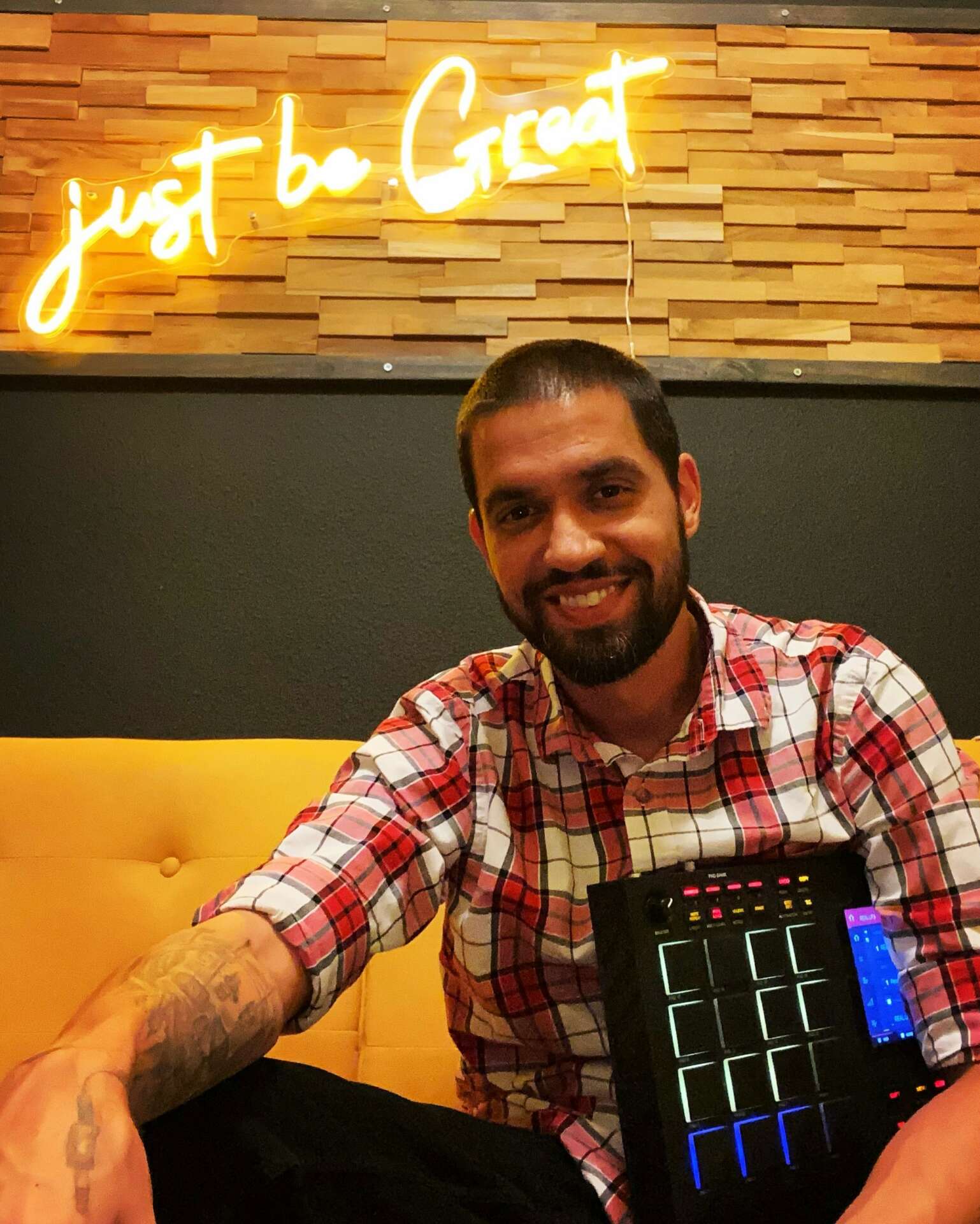
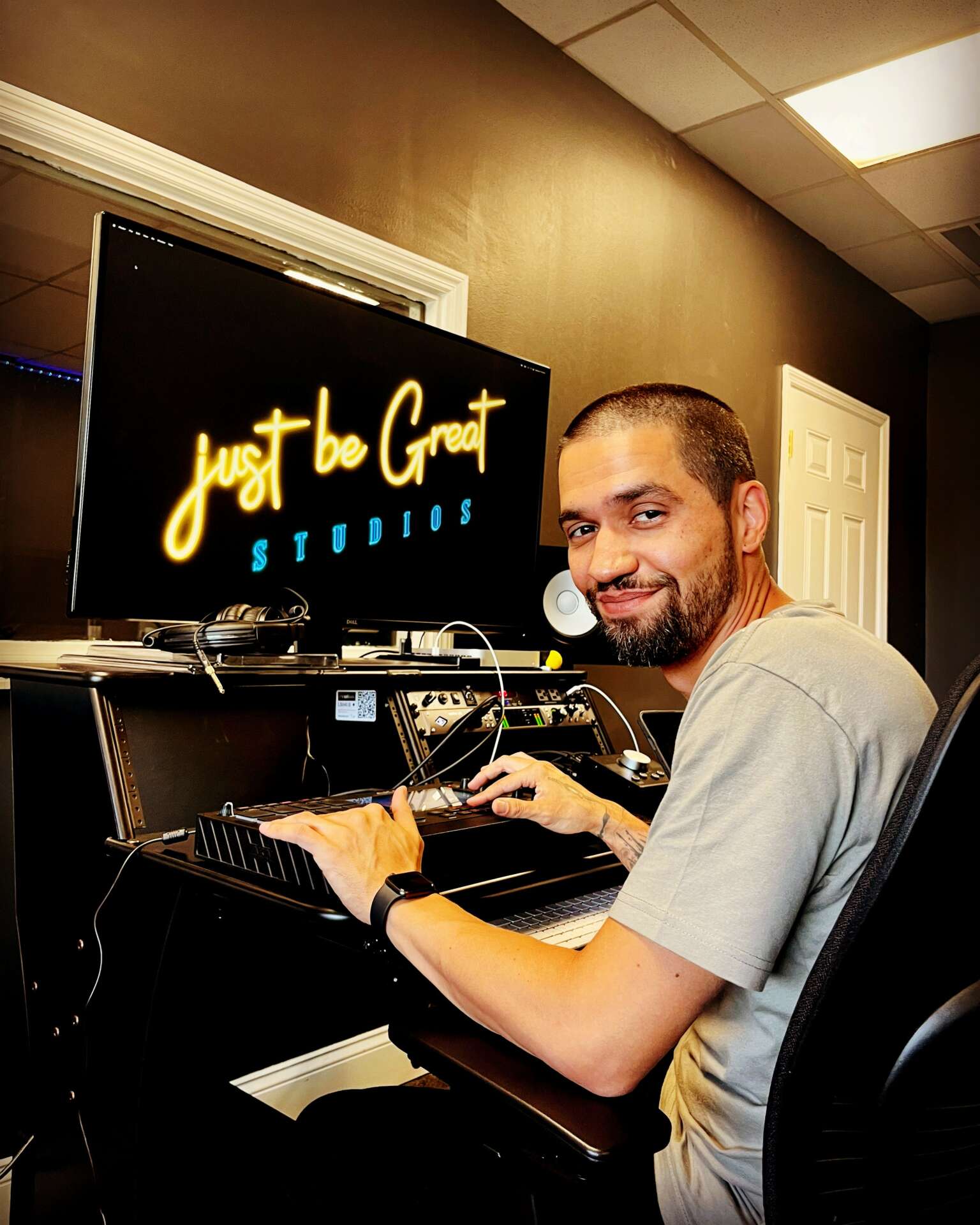
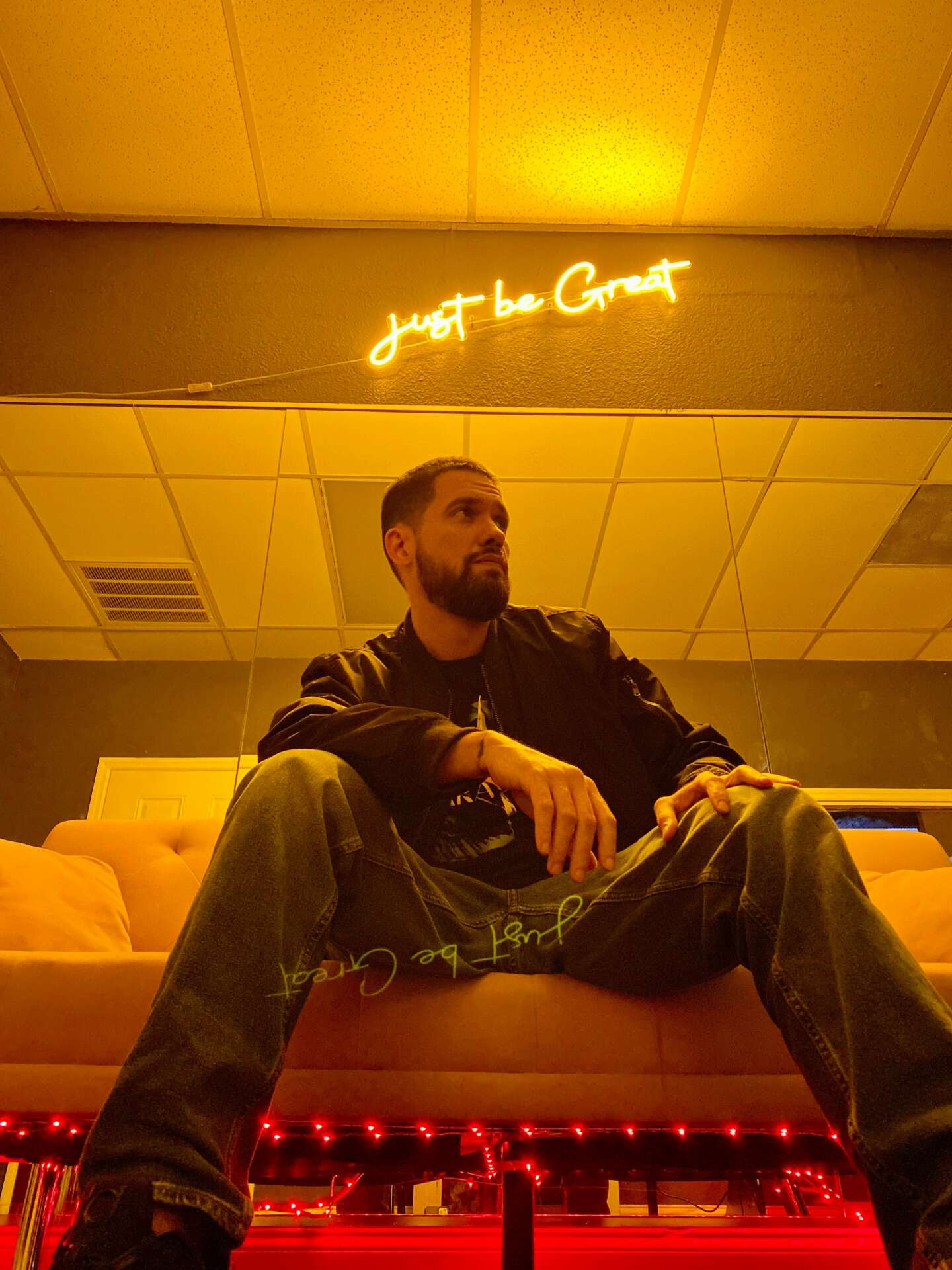
Awesome – so before we get into the rest of our questions, can you briefly introduce yourself to our readers.
Sure. My name is Luis Fernandez but I go by the name of LF3. I am a music producer and platinum awarded audio engineer with 12 years of professional experience. My clients include: Drake, Beyoncé, Acehood, Lil Baby, Future, Rick Ross, Fabolous, Chris Brown, Backstreet Boys, N’Sync, Marc Anthony, Pitbull, T-Pain, Disney, Orlando Magic, Telemundo, etc.
My start was somewhat normal. It included schooling to learn the field and a lot of hard work through internships and networking when possible. I always stress that more than half of the job is just simply showing up. When I started, I did 80 to 100 hours of work per week. I was what I called “studio furniture”.
Although, every big opportunity in my career has occurred from just showing up. Some people say “right place, right time” but you can really increase your chances if you stay in the right place ALL the time. Overall, we work countless hours for moments, so it goes without saying, the last thing you wanna do is be absent for your own moment.
I’ve seen enough of my moments take place that all lead me to this very point in my career. Now I own my own studio, where my goal has been to create a space of growth for other engineers and producers looking for direction.
I think sometimes in my line of work you see other professionals that take the job for granted. I cringe when I see engineers or producers too pre occupied with their phones while the client is in the room. I also noticed that certain people respond differently based on the amount of service they think an individual deserves. This is terrible for the rest of us living in those shadows.
This is where just be Great Studios and I are different from the rest. Quality is key, but there are steps to reach that goal. It starts with knowing your clients and doing your best to keep them creative. Anything that takes them out of that creative space needs to be removed of so you can continue facilitating that creativity.
This is not SPECIAL treatment, this is the STANDARD treatment.
The goal of just be Great Studios is to show our community that we care, in anything we do, that has to be the main takeaway. Clients may remember something you said or something you did, but they will never forget how you made then feel… so… how do you feel when I say to you… just be Great.
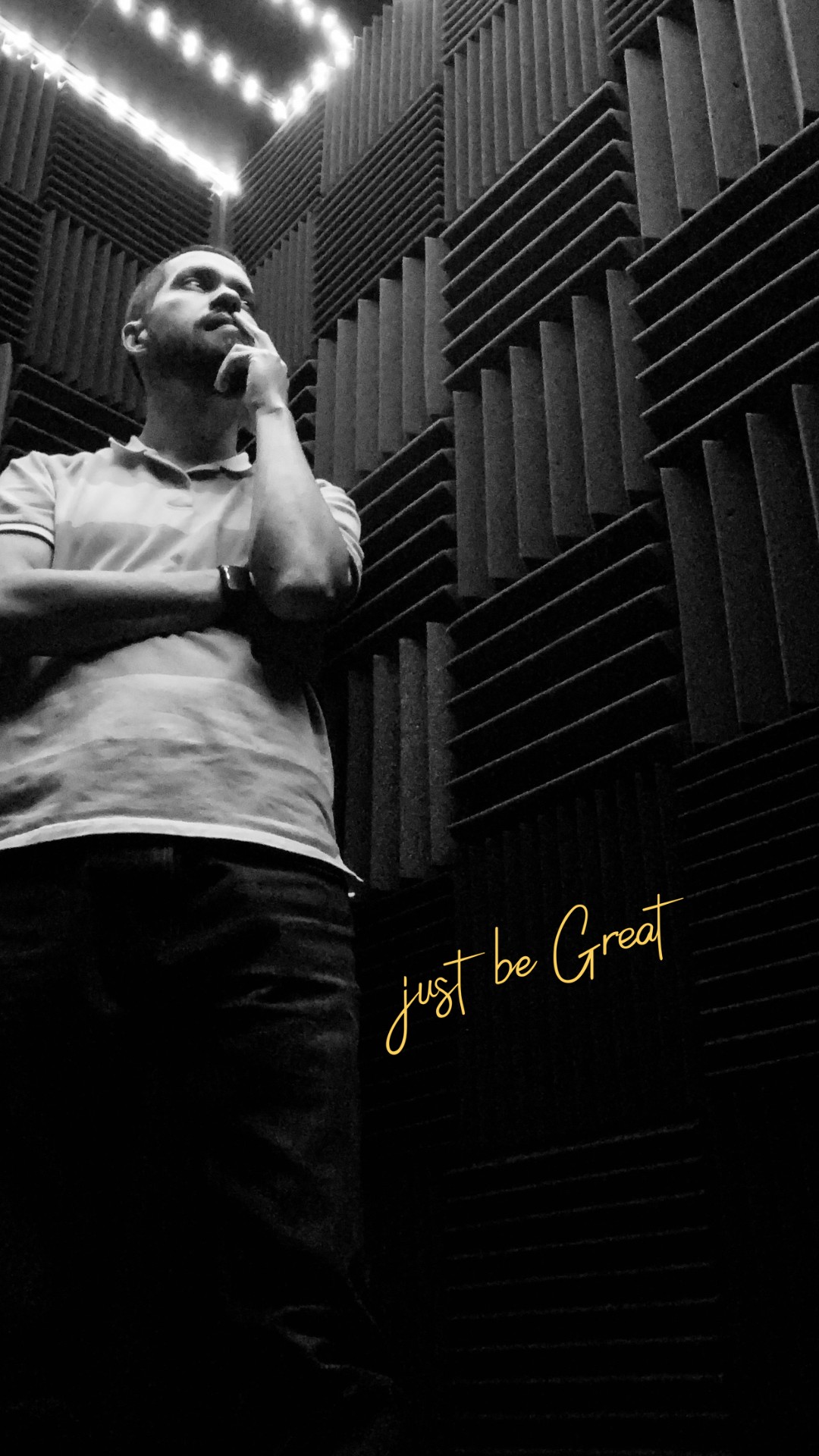
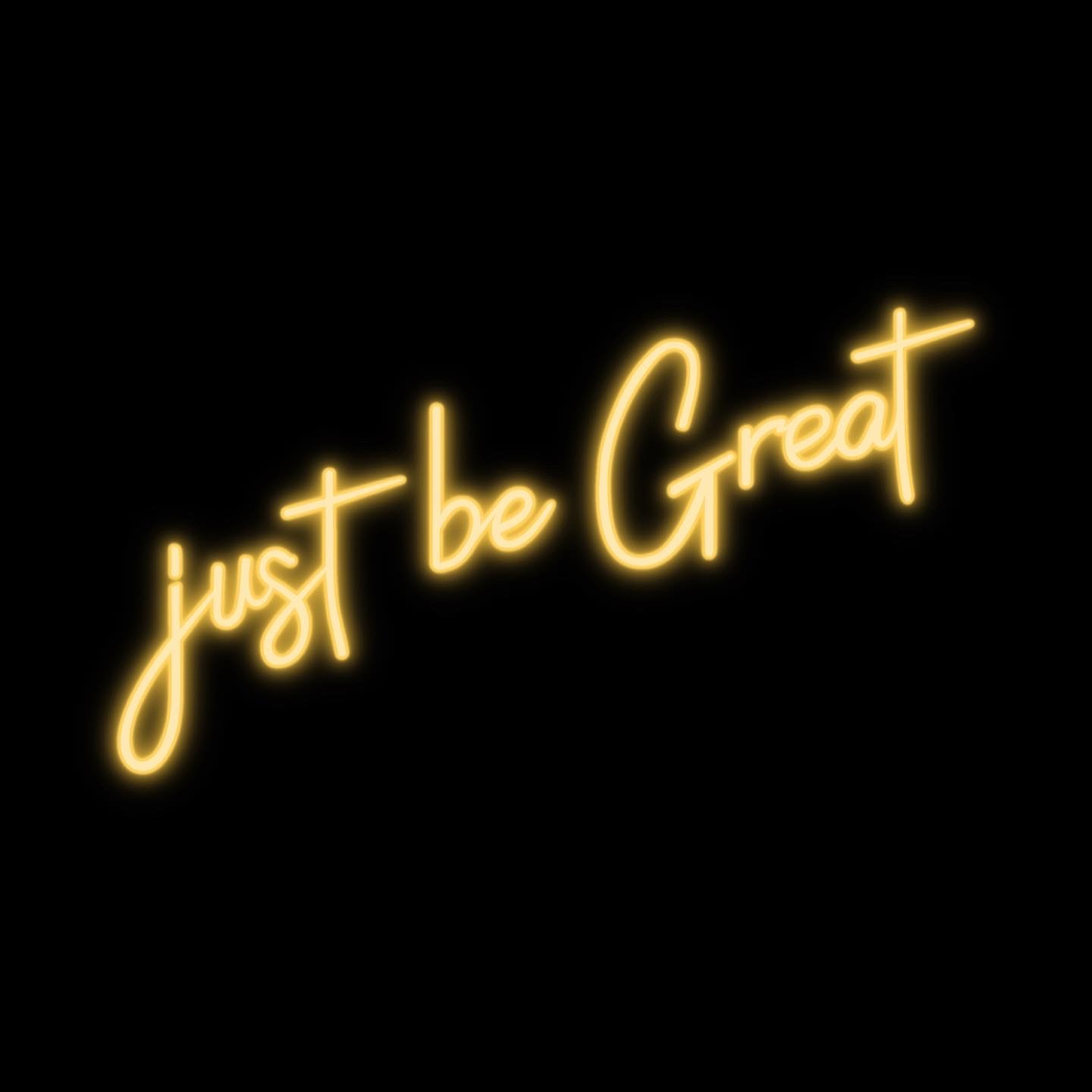
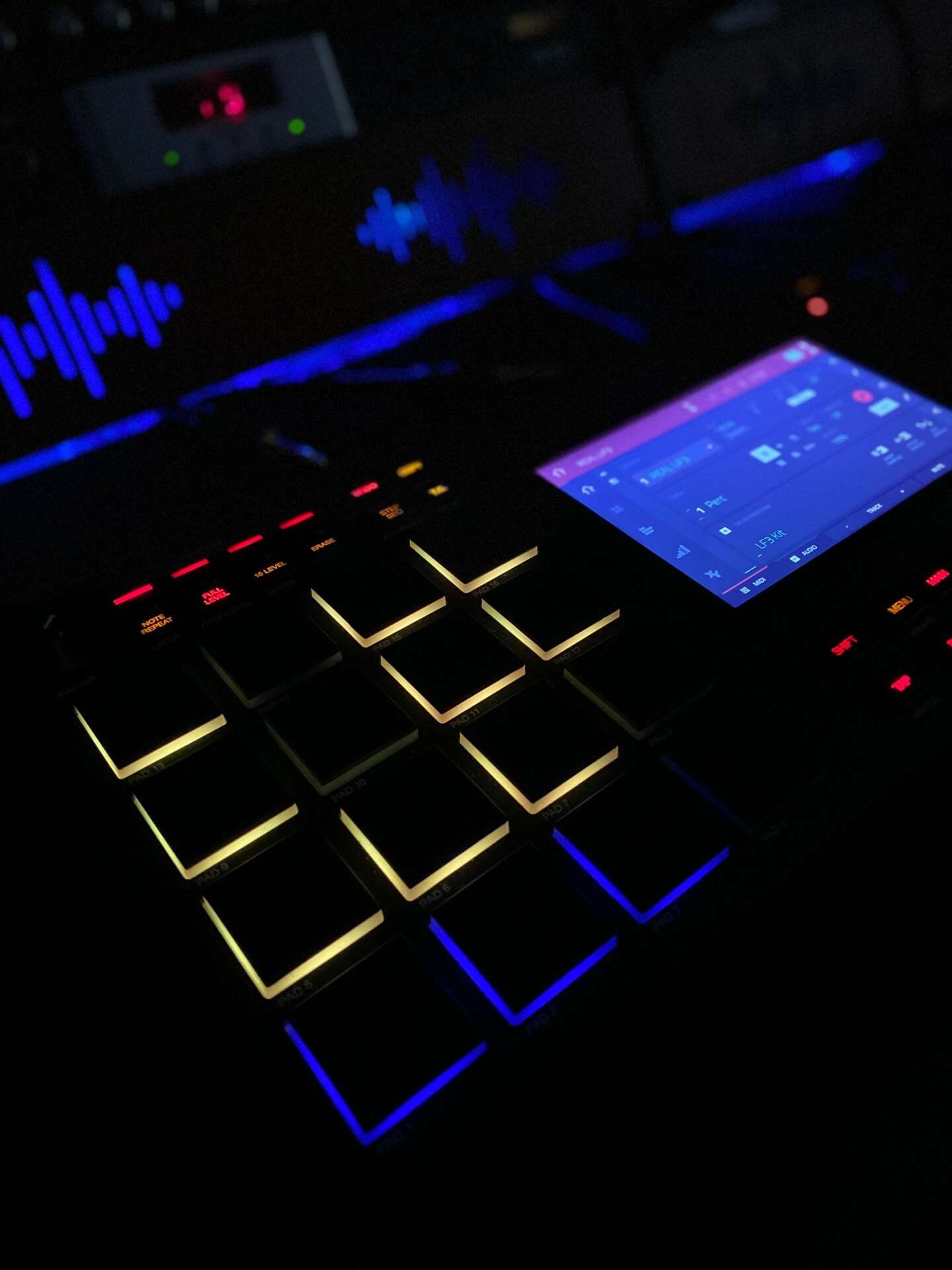
What’s a lesson you had to unlearn and what’s the backstory?
The thing I had to unlearn, was the whole “team no sleep” mentality. In the beginning, it’s natural you work hard to earn your keep in this industry, but there comes a time where balance and healthy boundaries are very important.
I stated previously that I’ve worked 80 to 100 hours in the “beginning”. While we love our work as creative professionals, it’s important to take breaks and treat yourself from time to time. It’s ok to enjoy your work, but it needs to be treated as a business and not a hobby that consumes your free time.
Of course there are certain levels to reach before you hit this point, but work with the end in mind always. A clear example is when I started interning, I remember walking in to a Target superstore and I got envious of the workers because they knew when their shift was over and I normally didn’t. Keep in mind, I was helping create gold and platinum records at the time but my concern was not about my work but the lack of boundaries I had.
Now, my career has a Great work life balance. I’m literally excited to start work each day because every day has an end/completion point. When you allow yourself a “team no sleep” mentality, your body will pay for that. You’ll also end up stressed with no sense of progress. All of these are dangerous places to be.
Healthy boundaries is what I had to learn. Overall, a career in the creative arts is very rewarding. While I love what I do, there has to be an end to the day, and knowing how to create boundaries as you advance in your career is a huge milestone to your longevity and success.
Is there something you think non-creatives will struggle to understand about your journey as a creative?
As a creative, this part was even hard for me to comprehend, but the value of community for a creative is essential. It’s required me to spend extra time with my community to learn, but that has helped me cherish this gift.
Our family may be our best support system we come equipped with in some cases, but when I speak with other creatives, I’m usually presented with the “holiday talk” scenario. It basically goes like this, you meet a family member over the holidays and get the infamous “how’s that music thing going” or the “wow that sounds like a real song”. It’s not an intentional sign of disrespect, but I’ve seen the reaction creatives have to this. Often, it’s generally a sign that they don’t know enough to inquire correctly.
For non-creatives to understand this, I’ll use this example. Let’s say you are a manager of a big company. In this company your role requires a lot of paper work maybe. As a manager, in general people will assume you do a lot but not knowing exactly what you do. Now imagine if during the holidays, your work title wasn’t enough to impress or inform people of what you do. Then you decide to show your work to prove this. You bring all kinds of stacks of papers and stories to explain, and after all that, it’s capped off with a remark like this, “wow that looks like real work”. That would feel insulting right? This is what happens when creatives show their work. It doesn’t mean they don’t appreciate the fact that you’re a manager or work hard for what you earned, it just means they don’t know enough to properly gauge the effort.
This is where community plays an important role. Amongst your peers you can sharpen your skills and get a good sense of your professional value. Diamonds hold the same value if they are hidden in a storage unit or placed in a jewelry store, the only difference is the location. With the right placement and amongst the right people, you can find a proper audience to appreciate the intricacies of your value too.
Contact Info:
- Website: https://linktr.ee/_lf3
- Instagram: https://instagram.com/Real.LF3
- Facebook: https://facebook.com/Real.LF3
- Linkedin: https://linkedin.com/in/luisfernandez3rd
- Twitter: https://x.com/Real_LF3
- Youtube: https://youtube.com/@Real.LF3
- Other: https://tiktok.com/@real.lf3


